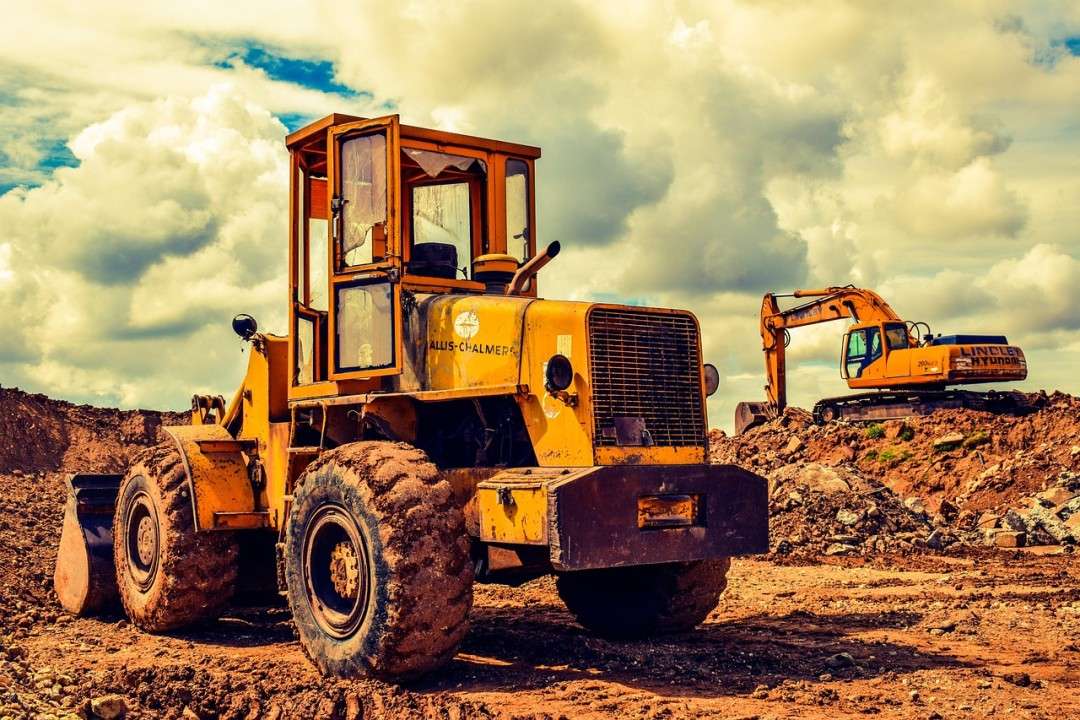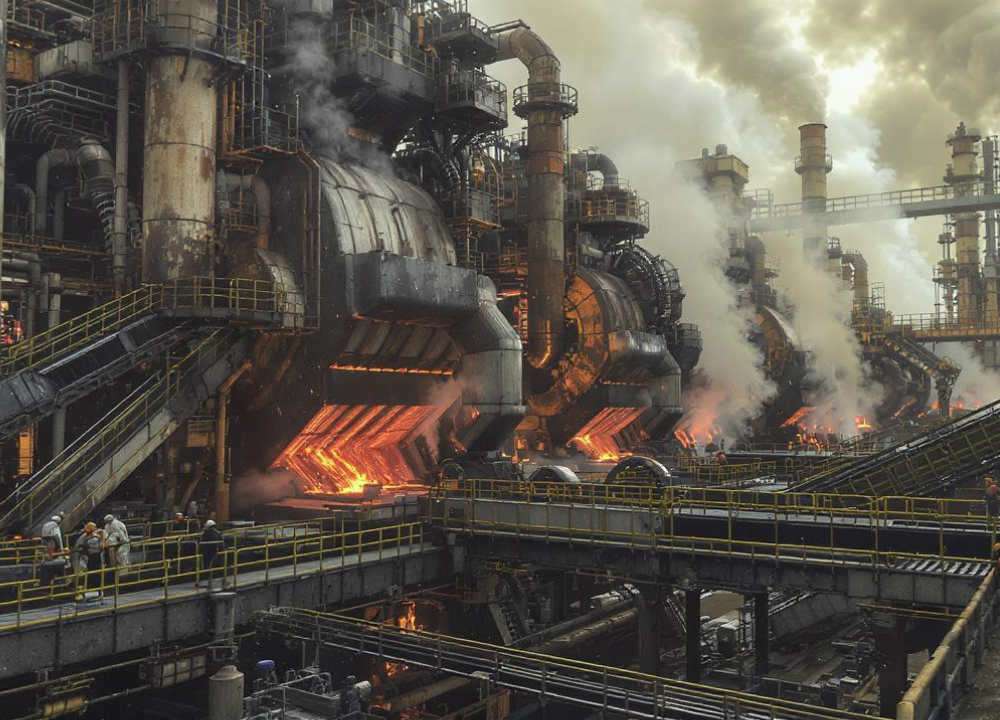India’s construction equipment industry is sounding the alarm over the government’s recent decision to impose a 12% safeguard duty on imports of non-alloy and alloy steel flat products. While intended to support local steel producers, this move is expected to put pressure on manufacturers by raising costs and disrupting supply chains.
As the world’s third-largest construction equipment market—trailing only the U.S. and China—India’s CE sector is vital to infrastructure development across roads, railways, urban construction, and more. Valued at approximately USD 9.5 billion, the industry plays a central role in the country’s growth and modernization efforts.
Steel—especially high-strength and performance-grade varieties—is essential to construction equipment manufacturing. These specialized materials are not readily available in sufficient quantity or specification from domestic sources, making imports crucial. The newly applied safeguard duty directly impacts the availability and affordability of this key input, potentially slowing production and delaying deliveries across the sector.
Even before the duty was formalized, anticipation of the policy had driven up steel prices by nearly INR 10,000 per tonne. With the new duty now in place, manufacturers face even steeper input costs. Many in the industry may be forced to pass these increases along to customers, driving up costs for infrastructure projects nationwide.
This policy shift comes at a time when the sector is already managing a costly transition to the new CEV Stage V emission standards, which took effect on January 1, 2025. Together, these developments are placing significant financial strain on an industry already operating on tight margins.
Industry leaders are also warning that the higher costs could harm India’s position in the global construction equipment market. As international buyers increasingly look to diversify away from China, Indian manufacturers were well-placed to benefit. However, increased input costs and decreased supply flexibility may cause them to lose competitive ground.
The construction equipment sector is urging the government to reconsider the long-term implications of the safeguard duty. Industry leaders stress the need for a balanced approach that protects steelmakers without compromising downstream industries critical to national development.
“A consultative approach involving all stakeholders is essential when introducing such impactful measures,” said one senior executive. “Without reliable access to competitively priced and technically suitable materials, we risk derailing progress in both our industry and the nation’s infrastructure pipeline.” The sector remains committed to working closely with policymakers to find a sustainable way forward that supports local manufacturing while safeguarding the health of vital industries.
The Indian Construction Equipment Manufacturers’ Association (ICEMA) represents over 150 stakeholders from across the construction equipment value chain, including OEMs, component suppliers, financiers, and other allied businesses. Collectively, these members account for around 95% of India’s CE manufacturing capacity.
With roots tracing back to 1949, ICEMA has evolved alongside India’s infrastructure journey, providing a unified voice for the industry. It supports development of standards, promotes innovation, fosters global collaboration, and works to build a skilled workforce for the sector. A non-profit, independent organization, ICEMA continues to serve as a vital platform for industry dialogue and policy engagement.








